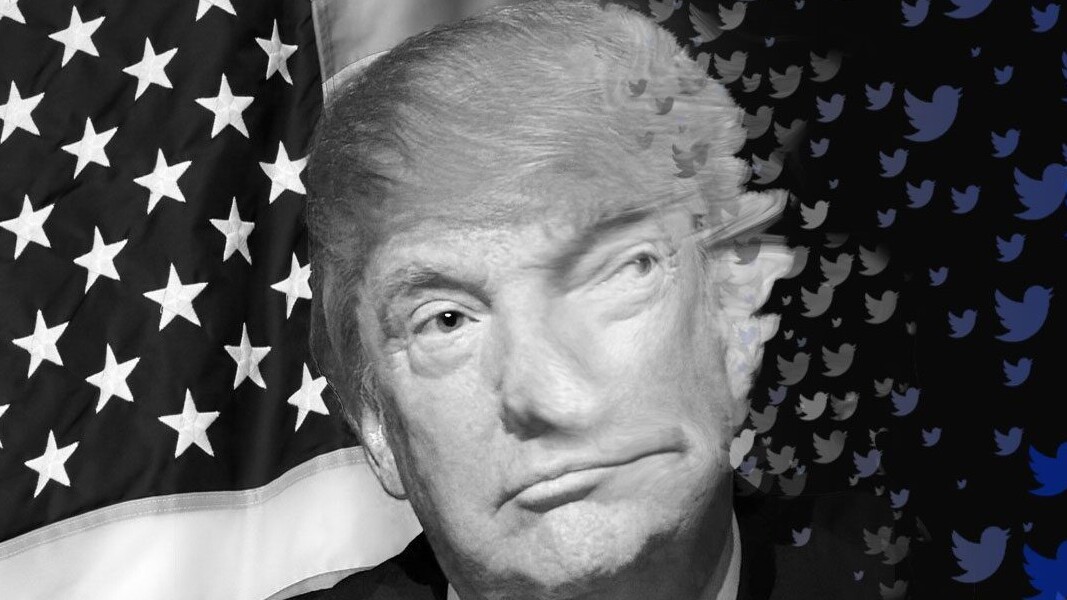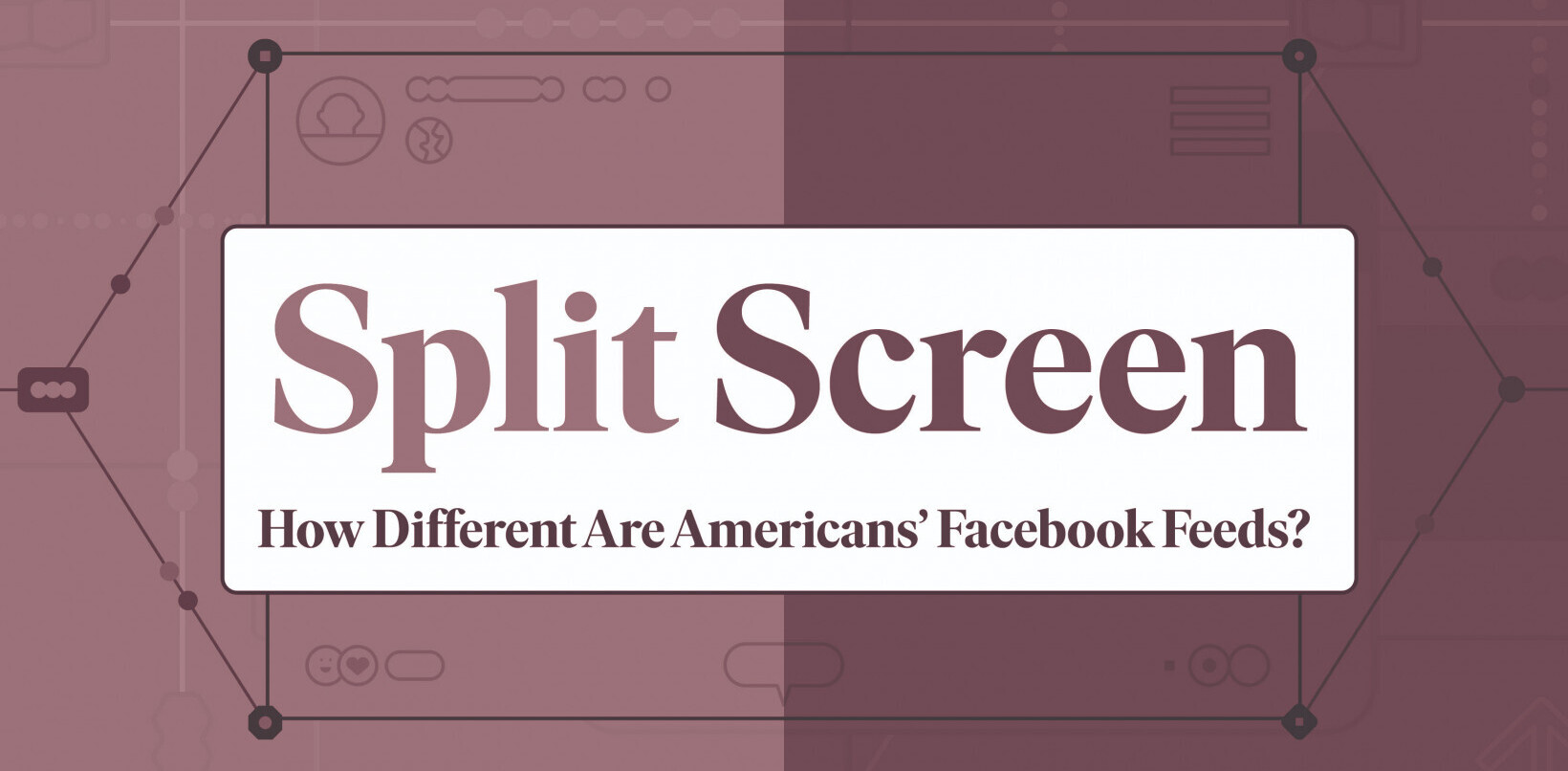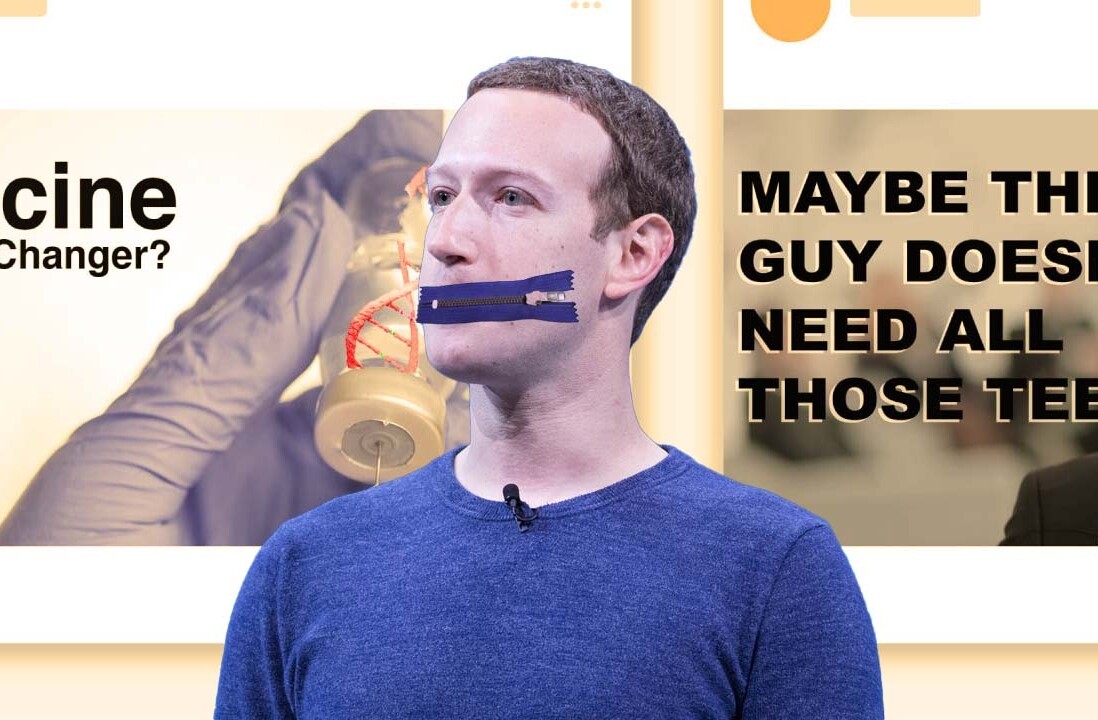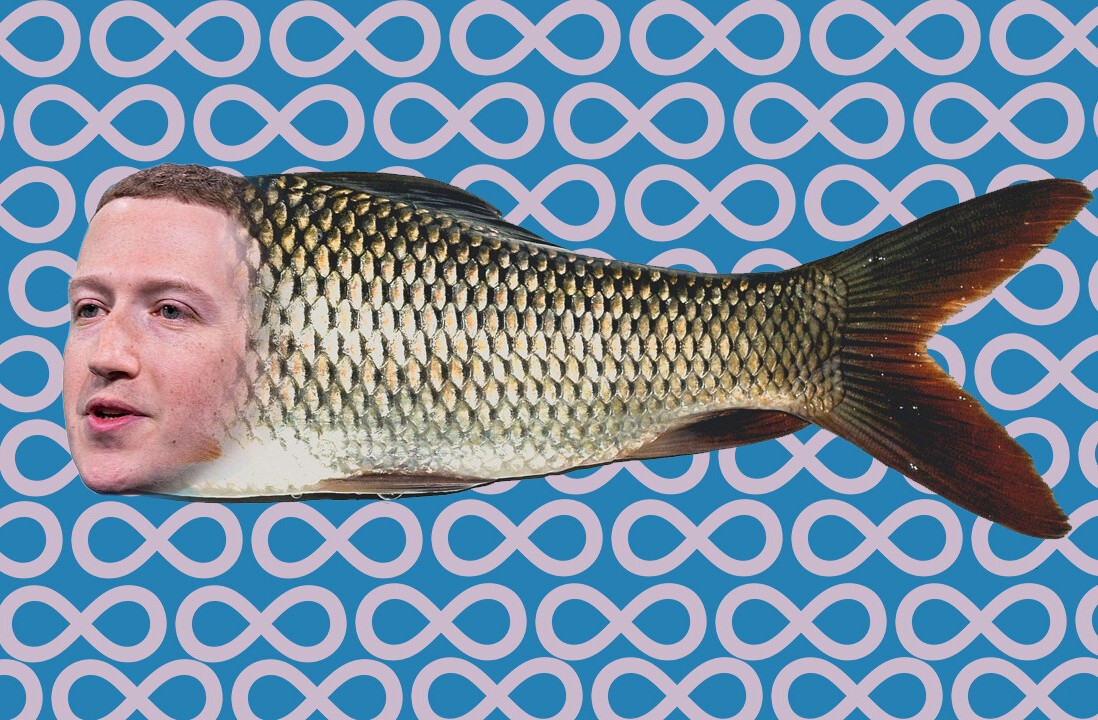
US President Donald Trump is expected to sign an executive order on Thursday afternoon declaring social media companies to be broadcasters (as opposed to carriers). While the exact language of the EO has yet to be revealed, an alleged draft has circulated on social media throughout the day. If what we’re seeing is close to the final order, it’s safe to say there will be huge ramifications for the tech community and the billions of us who use social media regularly.
For your reading pleasure, here’s the draft of Trump’s upcoming EO regarding social media.
1/2 pic.twitter.com/RNDUzZWyxQ
— Angry Staffer (@AngrierWHStaff) May 28, 2020
First and foremost, it’s expected that Trump will specifically seek to remove a set of policies and protections called ‘section 230‘ (as in section 230 of the Communication Act of 1996) that effectively shields social media companies from legal liability for most things people post online. Removing this protection would, theoretically, render the current business model for almost every social media company ineffective.
— Donald J. Trump (@realDonaldTrump) May 28, 2020
As an example, you currently can’t sue Twitter for defamation of character and harassment if the President of the United States uses his position as a regular user with 80 million followers to allege without evidence that you’ve murdered your wife. You could sue Trump but, unlike the business known as Twitter, his right to free speech is completely guaranteed by the US Constitution. But without section 230 protection, Twitter could be actually be held responsible for Trump’s tweets against you and held liable any damages you could effectively claim.
When will they open a Cold Case on the Psycho Joe Scarborough matter in Florida. Did he get away with murder? Some people think so. Why did he leave Congress so quietly and quickly? Isn’t it obvious? What’s happening now? A total nut job!
— Donald J. Trump (@realDonaldTrump) May 12, 2020
Let’s extrapolate this further. Currently, it is illegal to verbally harass someone in the US. Words aren’t illegal by themselves but, when coupled with discrimination or statements of a sexual nature they are. This means, for example, you can’t walk into a Walmart, get in someone’s face, and go on a rant about their religion, race, or sexual orientation without risking running afoul of the law and possibly being arrested.
Despite the fact that US courts can often disagree on censorship, nearly all courts find some common ground in where free speech ends: where assault charges begin. And this should make sense to everyone, after all it’s how all of our laws work. You’re allowed to write “Hillary Clinton is the devil,” in any internet post you want right now, but if you try to spray paint it on the side of Walmart you’re bound to get arrested, where you say something often matters more than what you’re saying.
Yet, if you remove carrier protections from social media and treat them as “the public square,” then you’ll have to hold the public square itself accountable for maintaining a level of order and control that isn’t currently required and that means letting the government decide whats’ okay and what isn’t.
In other words, Trump’s executive order has the potential to make it impossible for social media companies to allow any form of uncensored speech.
Think about how the FCC regulates commercial airwaves right now:
It is a violation of federal law to air obscene programming at any time. It is also a violation of federal law to broadcast indecent or profane programming during certain hours. The Federal Communications Commission (FCC) defines indecent speech as material that, in context, depicts or describes sexual or excretory organs or activities in terms patently offensive as measured by contemporary community standards for the broadcast medium.
Despite the fact that any given radio station may be independently owned by citizen business owners who pay taxes and have their own company policies, you can’t say “Fuck the fucking liberals” on public airwaves without risking being fined. And, as Howard Stern learned decades ago, the FCC doesn’t fine your call-in guests when they swear on the air: they fine the station owner. Why on Earth would Twitter or Facebook risk being held accountable for all the laws that billions of users might break?
Imagine a scenario where the FCC became the arbiter of what was and wasn’t allowed on Twitter. That means Ajit Pai, the FCC Chairman who previously worked as a lawyer for Verizon, will ultimately decide what is and isn’t legally allowed on social media platforms. And, with net neutrality gone, the US government can wheel and deal with companies like Twitter and Verizon to see which is more willing to play ball (and thus have their policy needs met).
Say what you will about Twitter CEO Jack Dorsey and Facebook CEO Mark Zuckerberg, but they built their businesses from the ground up just like the founders of Microsoft, Levis, and Ford did. Ultimately, they deserve to be the arbiters of discourse on their own platforms. Doesn’t the US Constitution guarantee this?
In this light, it seems ridiculous to imagine an executive order having any teeth. What’s Trump going to to do, write “OR ELSE” in all caps at the end of the order? He can’t shut Twitter down right?
Honestly, I don’t think anybody knows. There’s no precedent. If Trump tries to repeal 230 protection by EO, we can immediately assume there will be a bonanza of court activity nation-wide, but does anyone really know what will happen?
Let’s boil this down to brass tacks:
- What entity will actually enforce Trump’s order on social media and what will that entity do?
- Who, specifically, could actually stop Trump from punishing Twitter for defying him?
The first question is a tough one. Will Ajit Pai fine Twitter every time it does something the President’s appointed oversight committee views as censorship? Will Jack Dorsey and his staff be open to lawsuits from users who feel they’ve been censored? If the president declares censorship criminal, can Dorsey or Zuckerberg be arrested for taking down posts or labeling them as misinformation?
On the second question, I’m scared to admit the answer is much clearer: probably nobody.
Sure, some believe the courts will have a field day with this, but we’re talking about a sitting president who was impeached for lying and treason. Name one of the many illegal things the President’s done for which he’s been held accountable. I’ll wait.
Everyone reading this knows that the US government is currently holding dozens or hundreds of young children prisoner in inhumane conditions simply because they were born in a different country. Yet, three years on, despite our outrage we’re all impotent to change it while Trump remains in power.
Does it really matter if dozens of judges declare the upcoming executive order invalid? US Attorney General William Barr, the nation’s leading law enforcement agent, is a Trump sycophant with an unblemished record of acting against the country’s interests in support of Trump’s agenda. The senate, as was the case in ancient Rome, exists now only to echo and amplify the decrees their Republican leader makes, and Democrats are wholly unsuited for a battle against someone whose supporters will stand behind him no matter how low he sinks.
Here’s a retweet from the US President today featuring a video that begins with “only good Democrat is a dead Democrat.”
Thank you Cowboys. See you in New Mexico! https://t.co/aCRJeskUA8
— Donald J. Trump (@realDonaldTrump) May 28, 2020
Instead of having a greater, far more important conversation about section 230 and how it relates to actual criminal investigations such as human trafficking cases, or discussing real censorship – the kind the US government engages in that actually infringes on our rights to free speech, free assembly, and freedom of the press – we’ll be spending hundreds of millions of dollars in tax-payer resources to adjudicate one of Trump’s hissy fits.
It might seem like Trump’s on the conservative’s side right now, but the logical outcome to attacking these protections is that you’ll only have two shitty choices. The first is an internet where your real, verified identity is tied to every single thing you do, say, view, and engage in. Us journalists would love this! It would mean an end to bots and the beginning of a golden age of background research.
The other option is a completely unregulated internet like the dark web. But this would, by the very nature of laws such as the Patriot Act, mean that we’d all be forced to remain anonymous on social media. We’d be using Twitter and Facebook alongside open pedophiles, human traffickers, drug traffickers, and other dangers to society. Just as we’ve seen on literally every single unregulated social media platform, the majority of users will be bots, grifters trying to con people out of money, and recruitment teams for extremist organizations such as ISIS and White Supremacist groups such as the Proud Boys.
Neither scenario presents a safe, usable internet.
Obviously there are more politically nuanced debates and policy discussions that could mitigate these concerns. There’s certainly room for common ground between liberals and conservatives, but only if good faith conversations can occur. The president’s impending threat of EO stands as an affront to those discussions. It is a stark, bold statement based on a lie. No social media company has ever censored the president. The president’s actions are not intended to solve problems, but instead to punish those who will not extend extra privilege to him and his followers.
When you’re used to always having more than everyone else, policies that make you feel equal to the people you despise seem like unfair constraints. Unfortunately, we’ve given extreme power to a petty billionaire who believes his position as a public servant entitles him to more than the very taxpayers who employ him.
Here’s hoping our system of checks and balances in the US is prepared for what could be its biggest test in years.
Get the TNW newsletter
Get the most important tech news in your inbox each week.




